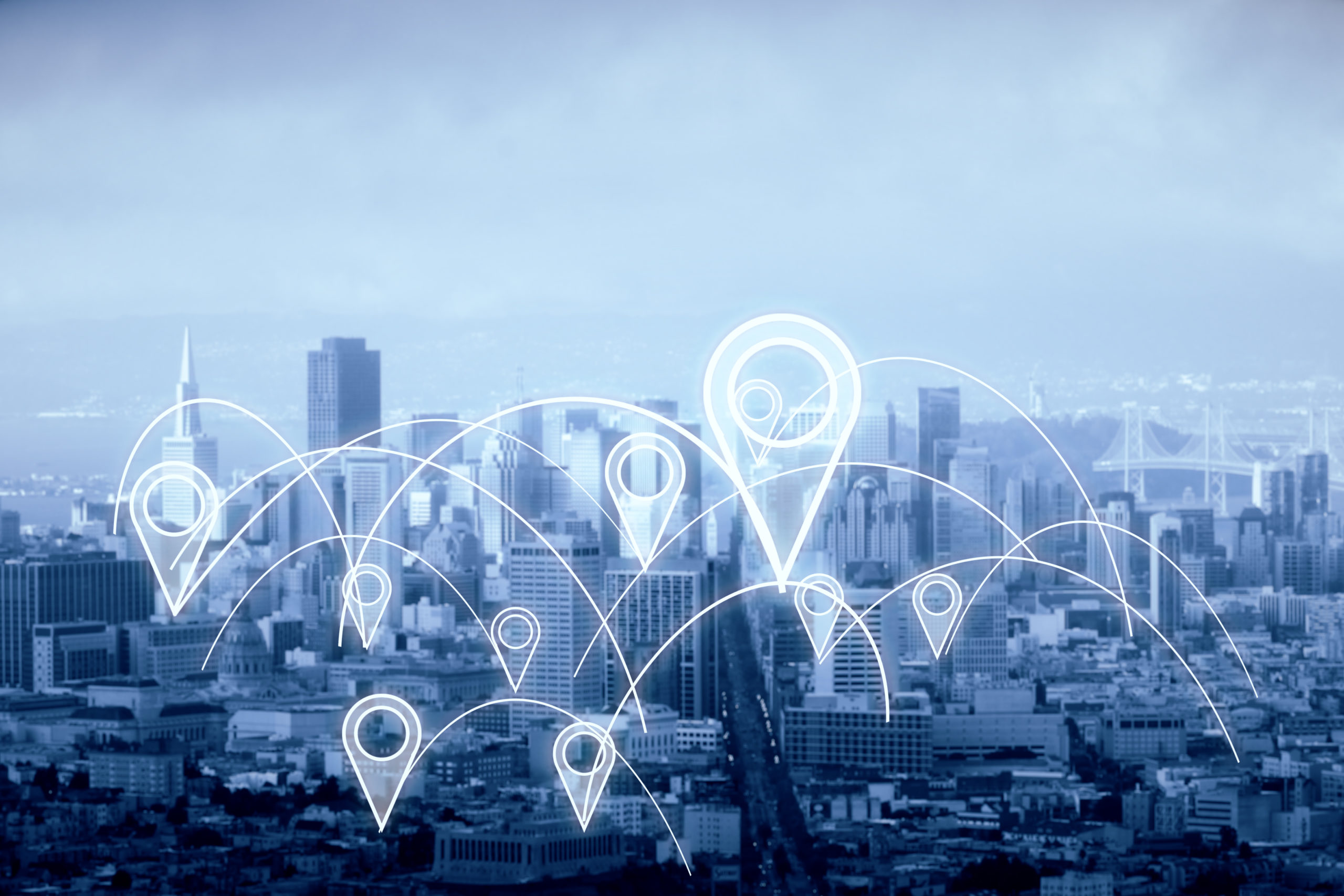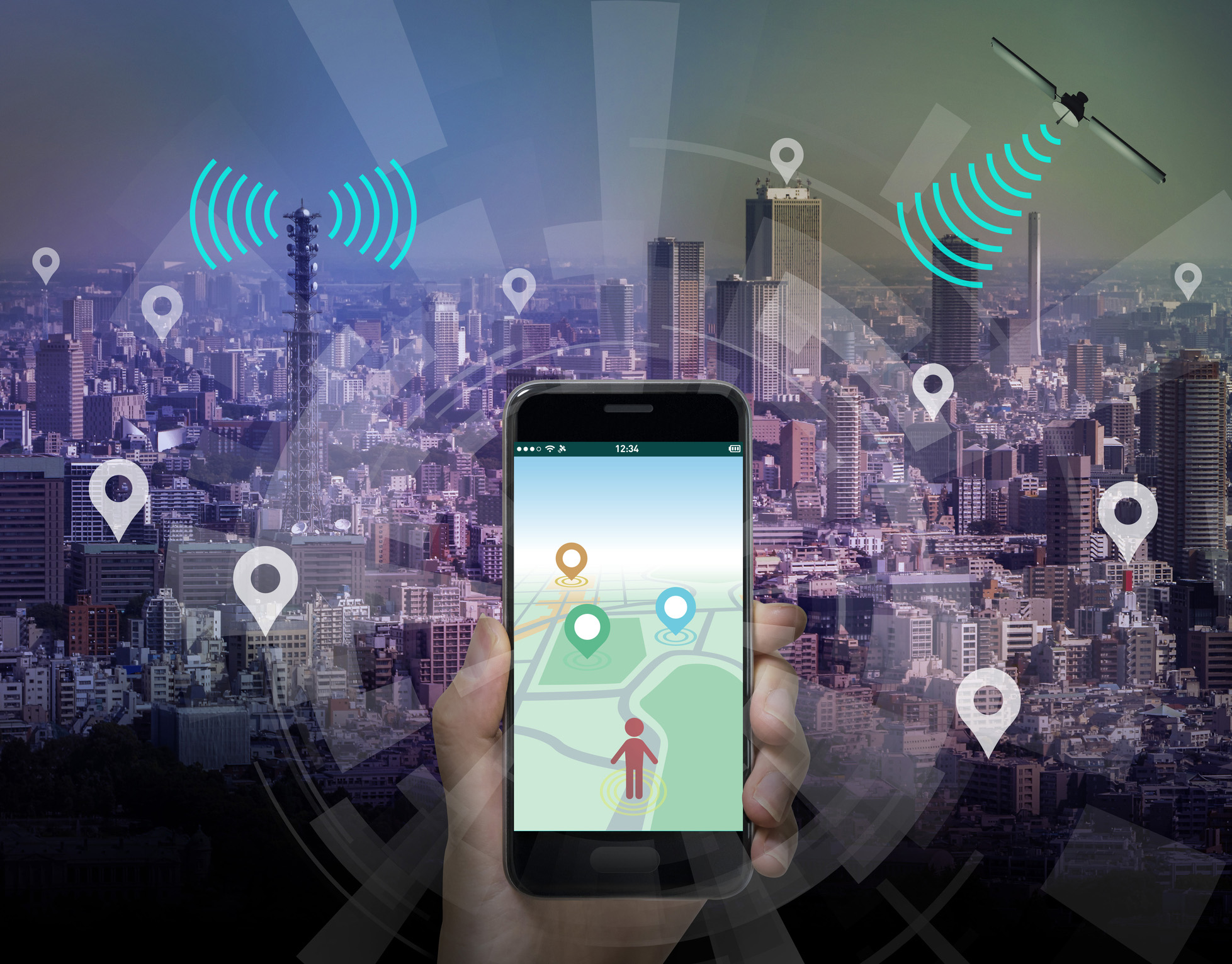Navigating the Digital Landscape: Understanding Location Tracking and Mobile Data Privacy
Related Articles: Navigating the Digital Landscape: Understanding Location Tracking and Mobile Data Privacy
Introduction
With enthusiasm, let’s navigate through the intriguing topic related to Navigating the Digital Landscape: Understanding Location Tracking and Mobile Data Privacy. Let’s weave interesting information and offer fresh perspectives to the readers.
Table of Content
Navigating the Digital Landscape: Understanding Location Tracking and Mobile Data Privacy

The digital age has brought about a plethora of advancements, one of which is the ability to track location data with unprecedented accuracy. This has been facilitated by the integration of GPS technology into smartphones and the proliferation of location-based services. While these advancements offer convenience and utility, they also raise critical questions about privacy and the ethical implications of tracking individual movements.
This article aims to shed light on the complex relationship between location tracking, mobile data, and privacy, delving into the various ways this data is collected, utilized, and the potential consequences for individuals.
Understanding Location Tracking: A Digital Footprint
Location tracking refers to the process of monitoring and recording the physical location of a device or individual using various technologies, including:
- GPS (Global Positioning System): This satellite-based system provides precise location data by triangulating signals from multiple satellites.
- Cellular Network Triangulation: By analyzing signal strength from nearby cell towers, networks can approximate a device’s location.
- Wi-Fi Positioning: Smartphones can detect and connect to nearby Wi-Fi networks, allowing services to pinpoint their location based on known Wi-Fi hotspots.
- Bluetooth Beacons: These low-energy devices emit signals that can be detected by smartphones, enabling location tracking within a specific area.
The Role of Mobile Numbers in Location Tracking
Mobile numbers are not directly used for location tracking. Instead, they serve as identifiers that link to specific devices. When a device connects to a cellular network, its mobile number is associated with its location data. This association allows service providers and applications to access location information based on the mobile number.
The Spectrum of Location Tracking: A Balancing Act
Location tracking serves various purposes, from enhancing navigation and finding nearby businesses to enabling emergency services and facilitating personalized experiences. However, the extensive collection and use of location data raise concerns about privacy and the potential for misuse.
Benefits of Location Tracking:
- Navigation and Mapping: GPS-enabled apps like Google Maps and Waze provide real-time navigation, traffic updates, and route optimization, enhancing driving and walking experiences.
- Location-Based Services: Apps like Yelp, Uber, and food delivery services rely on location data to connect users with nearby businesses and services.
- Emergency Response: In case of accidents or emergencies, location data can be crucial for dispatching emergency services and providing assistance.
- Personalization and Targeted Advertising: Location data can be used to personalize user experiences by suggesting relevant content, products, and services based on their location.
Privacy Concerns and Potential Risks:
- Surveillance and Tracking: The ability to track individual movements raises concerns about potential surveillance and monitoring by government agencies, employers, or third parties.
- Data Breaches and Misuse: Stolen or leaked location data can be used for malicious purposes, including identity theft, stalking, or physical harm.
- Privacy Erosion: Constant tracking can lead to a gradual erosion of privacy, as individuals may feel increasingly monitored and their movements scrutinized.
- Targeted Advertising and Manipulation: Location data can be used to profile individuals and target them with personalized advertising, potentially influencing their decisions and behaviors.
Navigating the Privacy Landscape: Understanding User Controls and Data Security
While location tracking offers numerous benefits, it’s essential to be aware of the potential risks and exercise control over the data collected. Users can take several steps to protect their privacy and minimize the potential for misuse:
- Review App Permissions: Regularly check the permissions granted to apps on smartphones and ensure that only necessary permissions, including location access, are granted.
- Use Privacy-Focused Apps: Consider using apps that prioritize user privacy and offer granular controls over data collection and sharing.
- Limit Location Data Sharing: Configure device settings to restrict location sharing to specific apps or time periods.
- Utilize VPNs and Encryption: Virtual Private Networks (VPNs) can encrypt internet traffic and mask IP addresses, making it more challenging to track online activity.
- Stay Informed and Advocate for Privacy: Educate yourself about privacy policies, data collection practices, and the potential risks associated with location tracking. Advocate for stronger privacy laws and regulations to protect user data.
FAQs Regarding Location Tracking and Mobile Data
Q: Can anyone track my location using my mobile number?
A: While mobile numbers are associated with location data, they are not directly used for tracking. However, service providers and applications with access to your mobile number can potentially access your location information.
Q: Is it possible to track someone’s location without their consent?
A: While tracking someone’s location without their consent is generally illegal, certain technologies and methods can be used to circumvent privacy protections. It’s crucial to be aware of the potential for unauthorized tracking and take steps to protect your privacy.
Q: What are the legal implications of tracking someone’s location without their consent?
A: Tracking someone’s location without their consent can constitute a violation of their privacy rights and potentially lead to legal consequences, including fines and imprisonment.
Q: How can I prevent my location from being tracked?
A: You can restrict location sharing by adjusting device settings, reviewing app permissions, and using privacy-focused apps. Additionally, using a VPN and encrypting your internet traffic can help mask your online activity.
Q: What are the ethical considerations of location tracking?
A: Ethical considerations surrounding location tracking include respecting individual privacy, avoiding surveillance and misuse of data, and ensuring transparency in data collection and usage.
Tips for Protecting Your Location Data
- Be Mindful of App Permissions: Carefully review and manage app permissions, particularly location access, to ensure only necessary apps have access to your location data.
- Enable Location Services Only When Needed: Turn off location services when not actively using location-based apps or services.
- Utilize Privacy-Focused Apps: Choose apps that prioritize user privacy and offer granular controls over data collection and sharing.
- Stay Informed About Privacy Policies: Read privacy policies and terms of service before using any app or service that collects location data.
- Report Suspicious Activity: If you suspect your location data is being accessed or shared without your consent, report the issue to the relevant authorities or app developers.
Conclusion: Balancing Innovation and Privacy
Location tracking is a powerful tool with the potential to enhance our lives and improve our understanding of the world around us. However, it’s crucial to recognize the potential risks associated with the extensive collection and use of location data. By staying informed, exercising control over our data, and advocating for stronger privacy protections, we can navigate the digital landscape while safeguarding our privacy and ensuring responsible use of this powerful technology.








Closure
Thus, we hope this article has provided valuable insights into Navigating the Digital Landscape: Understanding Location Tracking and Mobile Data Privacy. We thank you for taking the time to read this article. See you in our next article!